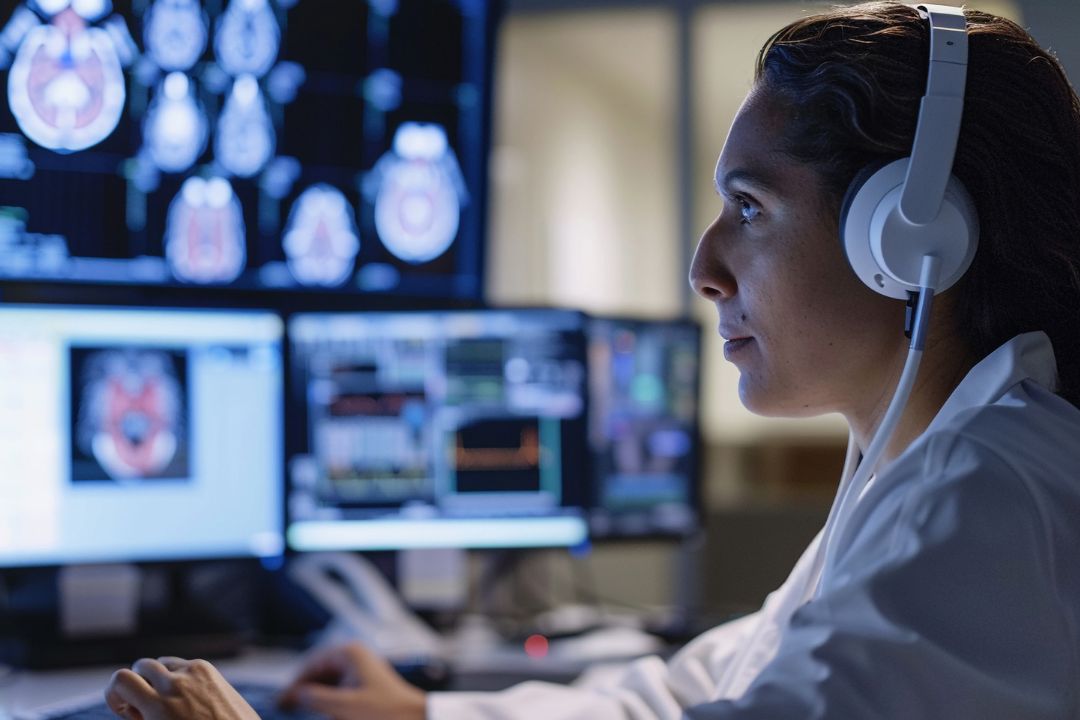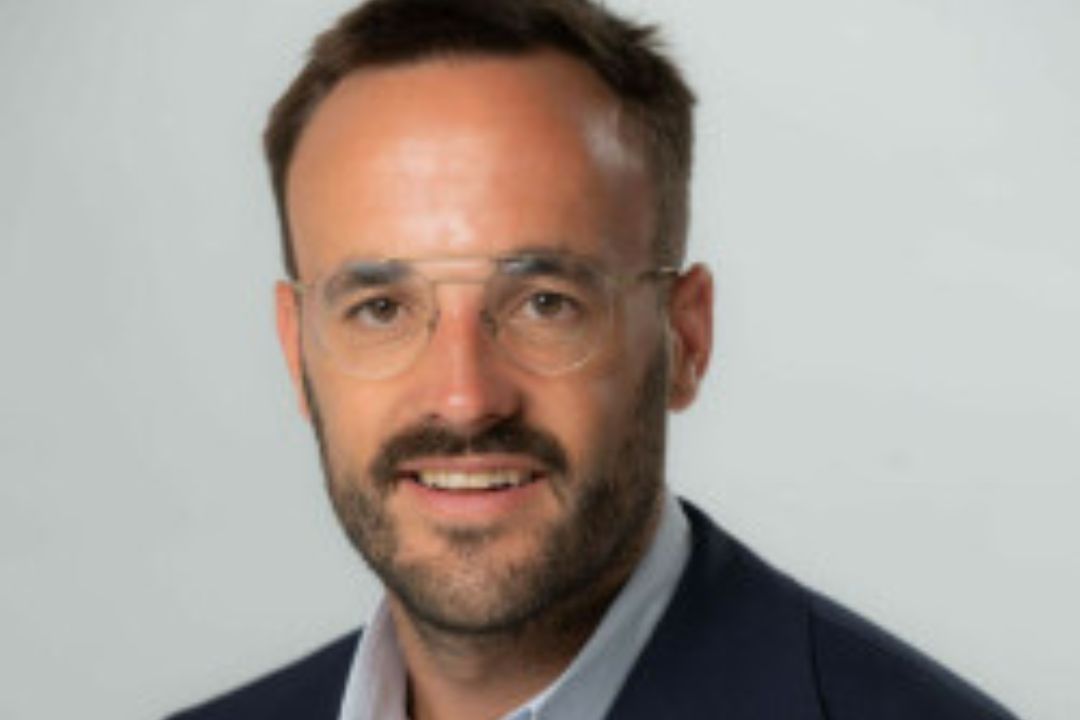19th January 2023
We know the ten healthcare projects to receive support through the RIS Innovation Call 2023 – a unique programme that offers access to funding, mentoring, training services and networking opportunities to health innovators from the Regional Innovation Scheme countries. The selected promising innovations come from Greece, Slovenia, Romania and, with the highest number of projects, Portugal.
The innovation projects to receive support tackle health challenges related, among others, to oncology, diabetes, urology and mental health.
The consortia behind the chosen innovations will be granted funding of up to €75 000 for further development of their breakthrough product or solution, mentoring, a place at a bootcamp, and access to potential investors and partners through EIT Health, a network of best-in-class health innovators with approximately 150 member organisations.
The RIS Innovation Call supports the development of healthcare innovations in the proof- of concept phase while boosting regional cooperation on the ground. The programme is open to all legal entities, such as business organisations, academic, research and healthcare institutions in Central, Eastern and Southern European regions, where EIT Health InnoStars has registered hubs or partners.
The chosen projects
The ten early-stage projects that will be supported in the 5th edition of the RIS Innovation Call are:
- Bactometer (Portugal): a disruptive next-generation portable magnetic device for cost-effective, accurate, rapid pathogen detection and identification.
- DiaPee (Slovenia): combines advanced IoT and cloud computing to deliver a simple, discrete, non-invasive, affordable, and machinelearning-enabled system that accurately and continuously measures volume, time, average flow, and voiding profile in patients with urinary disorders, and can be used for early diagnosis, therapy choice, monitoring its success and progression.
- GOcapTM (Portugal): the first graphene light-activated, fully integrated catheter cap that continuously prevents infection in dialysis patients.
- LymphMED-AI (Romania): a clinical decision support system which uses the power of artificial intelligence to enable the correct diagnosis, effective treatment planning and prognosis prediction through quantitative imaging and machine learning. It is based on ultrasound (US) image analysis to assess superficial lymph nodes before and after the treatment.
- Hypoallergenic legume seed storage proteins (Portugal): the team developed a simple and GRAS procedure to make water–insoluble globulins from legume seeds soluble, thus allowing their easy extraction in water together with the albumins, another type of proteins in legume seeds.
- DIAPREPI (Greece): the solution relates to an innovative minimally invasive method for pre-diabetes diagnosis and Type II diabetes prediction, based on a specific predictive model showing high sensitivity and accuracy in detecting Type II diabetes pathological manifestations.
- Personalised Real-time Interoperable Sepsis Monitoring (Greece): a non-invasive AI-driven clinical decision-support system that detects early signs of sepsis in the surgical ward using wrist wearables.
- Bioengineering organoids to advance disease model systems for cancer and regeneration (Portugal): a microfluidic organoid culture device that recapitulates the complex structures and functions of living human organs. These microdevices are composed of a clear flexible polymer about the size of a USB memory stick that contains hollow microfluidic channels lined with living human organ and blood vessel cells.
- Digital depression biomarker (Romania): a digital system based on a sleep-tracking smartwatch and mobile phone, to be used by patients and clinicians to offer diagnostic support for depression subtypes (based on an already existing diagnosis of depression).
- TrainBrain2Drive (Slovenia): a driving simulator for accessing drivers’ capabilities that contribute to increased road safety, accessibility and mobility for elderly drivers.
To find out more about the RIS Innovation Call, visit here.
New data shows AI innovation needs skills beyond coding

The largest live dataset of AI start-up talent analysed.
Europe's top health start-ups take centre stage: EIT Health Catapult winners are revealed at HLTH Europe

2025 Catapult programme winners announced.
Finding Europe’s next healthtech leaders: Insights from Antoine D’Hollander

Insights from Antoine D’Hollander, Capricorn Partners.